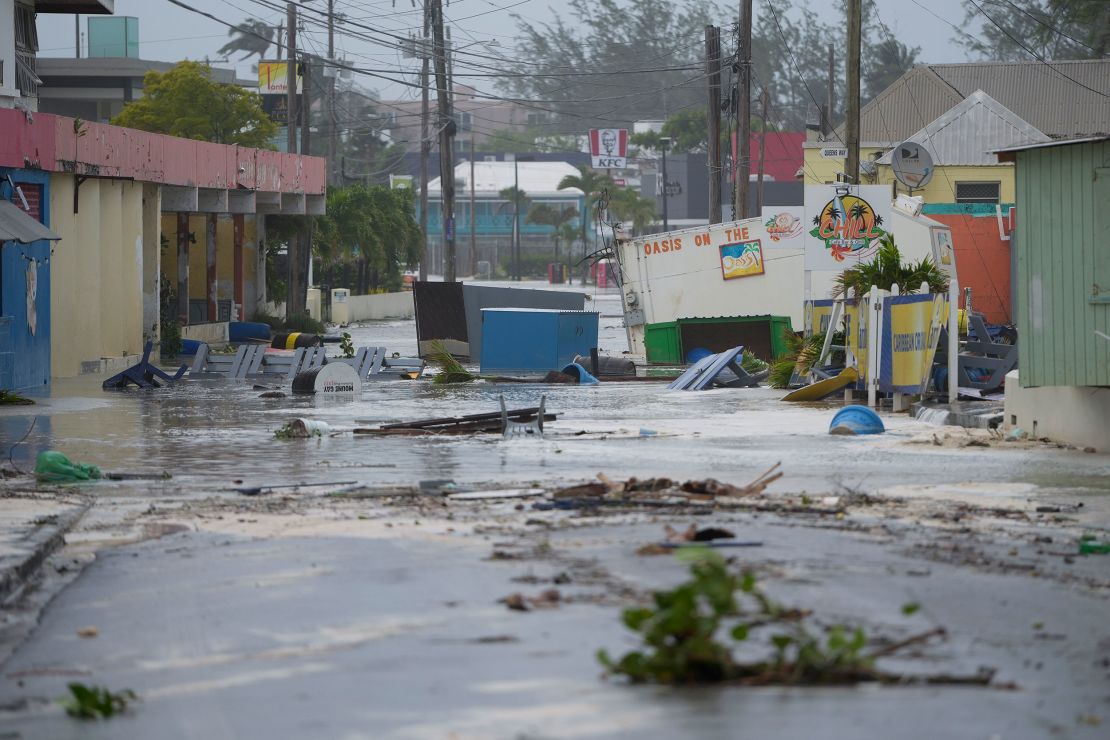
After the first fatal hurricane of the season, the Caribbean is bracing for an economic blow
After the earliest Atlantic hurricane on record to reach the highest Category 5 intensity and leave a path of devastation throughout Jamaica and the eastern Caribbean islands, leaders throughout the region were still tallying the financial cost.
Prime Minister Dickon Mitchell stated at a briefing on Tuesday that “there is no doubt this disaster will have a major impact on Grenada’s economic situation.” “We are talking hundreds of millions of dollars in losses and hundreds of millions of dollars to rebuild.”
He went on, adding that the islands of Carriacou and Petite Martinique in Grenada are “almost completely destroyed,” and that those who lost their houses were especially exposed to the weather.
As severe weather becomes more common due to record sea temperatures—which scientists attribute to climate change driven by fossil fuels—Mitchell underlined the importance of rebuilding storm-resistant structures and pointed out that many of the nation’s wood houses are not insured.
On Wednesday, a group of insurers is scheduled to arrive, and by early next week, the government intends to declare fiscal measures.
Early estimates of the damages to buildings, sea moss harvests, and banana plantations in St. Lucia were close to $2 million.
In Jamaica, the agriculture sector initially estimated damages over $6 million, but evaluations were hampered by rain and debris.
According to a “heart-breaking” preliminary assessment for agriculture, CARICOM chair Mohammed Ali stated that many long-term crops were lost and farmers would have problems for years to come.
Because of this, the debt-ridden economies of the Caribbean might depend increasingly on agricultural imports, which are prone to inflation beyond their control.
The Caribbean region is very susceptible to the effects of climate change, which is causing the oceans to warm and severe storms to occur more frequently and intensely, even though the region produces less emissions. The region has long demanded more action from the wealthiest, most polluting countries, including keeping their promises to reduce emissions and looking into debt relief; however, billions have been returned to wealthy nations through loans and financing tied to climate change.
All Categories
Recent Posts
Tags
+13162306000
zoneyetu@yahoo.com



